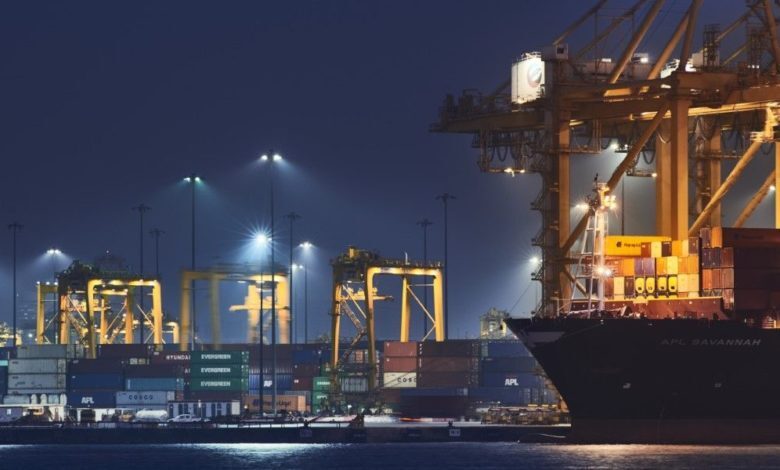
Friday 21st November 2025

by inAfrika Newsroom
Africa air connectivity 2025 is set to improve further as airlines add new links between African and global cities. This week, Transavia launched a three-times-weekly Amsterdam–Rabat service using Airbus A321neo aircraft, responding to rising demand from leisure and family travellers between the Netherlands and Morocco.
Meanwhile, Southern Africa’s Airlink confirmed plans to open a Johannesburg–Zanzibar route in June 2026, targeting both holidaymakers and business visitors to the Tanzanian archipelago. Tourism officials expect the connection to support Zanzibar’s strategy to attract higher-spending visitors and to spread arrivals across the year. Other African and foreign carriers are also reshaping their networks, adding long-haul routes from non-traditional hubs such as Lagos, Entebbe and Abidjan
Industry analysts say Africa air connectivity 2025 is benefitting from gradual liberalisation under regional agreements. Some governments are easing route and frequency restrictions, while others are updating visa policies to support tourism and trade. However, the pace of change remains uneven, and many routes still carry high taxes and charges that push up ticket prices.
Airlines and tourism boards are urging states to coordinate aviation, tourism and environmental policies. For example, they argue that greener fuels and newer aircraft can reduce emissions, but only if regulators and financiers move in step. In addition, better links to secondary cities could spread tourism benefits beyond a few coastal and safari hubs, while supporting cargo and business travel.
Africa air connectivity 2025 developments matter because flights shape where tourists, investors and goods can go — and how easily. New direct routes cut travel times, reduce the need for costly stopovers and make lesser-known destinations visible on global maps. That can translate into jobs in hotels, transport, food and creative industries. Stronger connectivity also supports regional trade, since belly cargo in passenger jets often carries high-value goods and urgent supplies. Yet, if taxes remain high and liberalisation stalls, Africa’s aviation sector could lose ground to other regions. A balanced push for open skies, safety and green innovation therefore offers a practical way to unlock tourism and trade without sidelining environmental and fiscal concerns.


